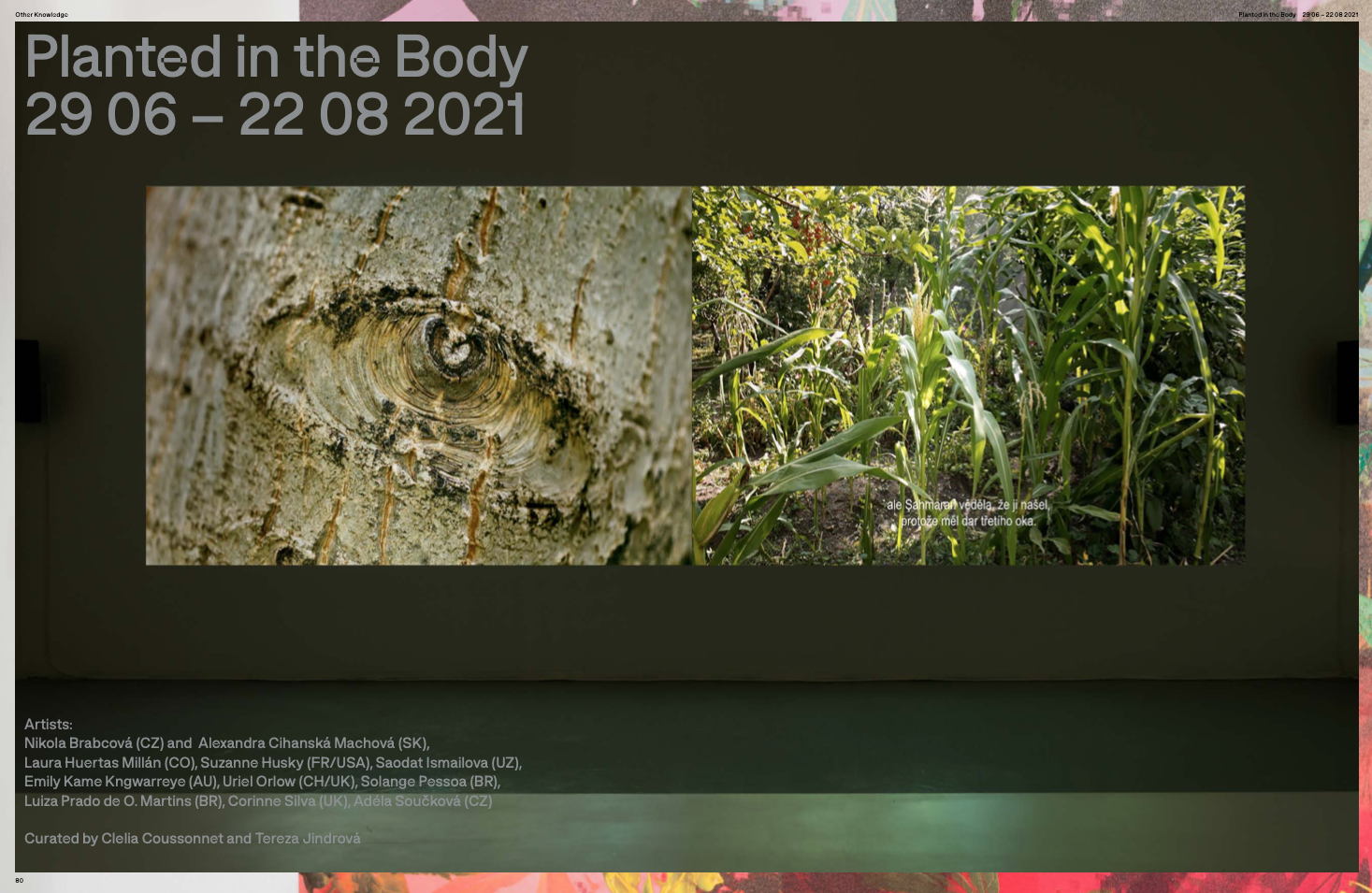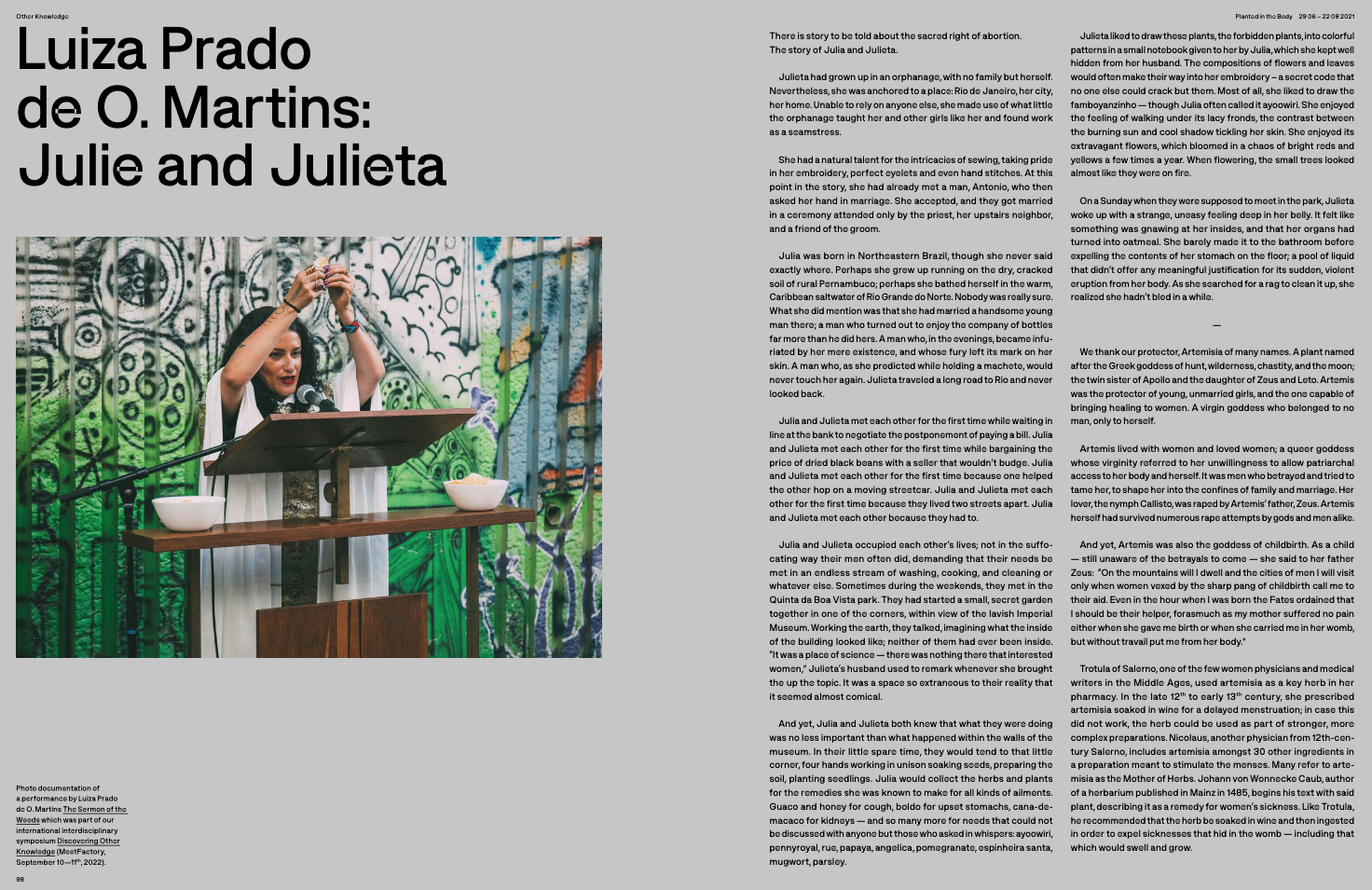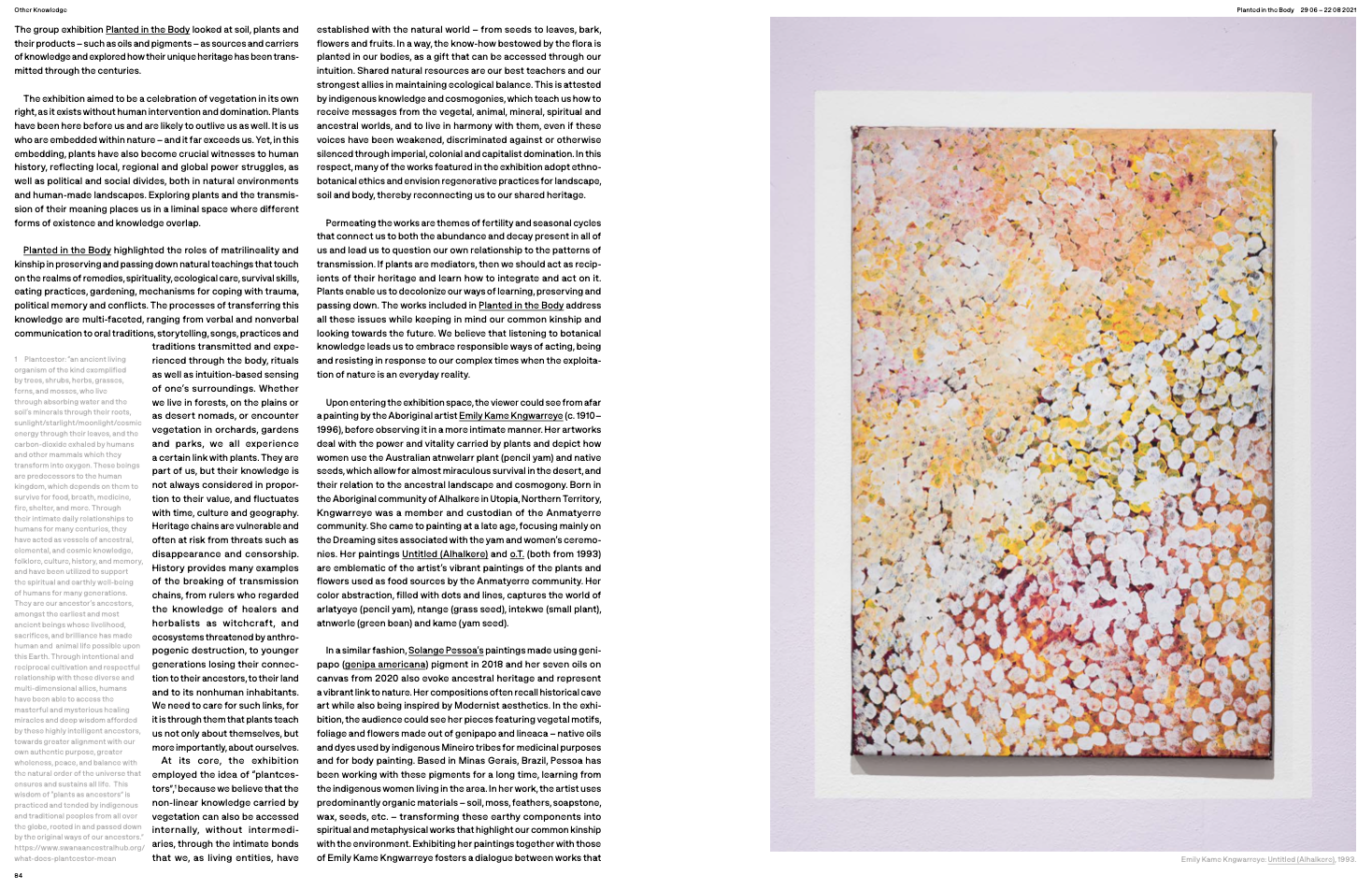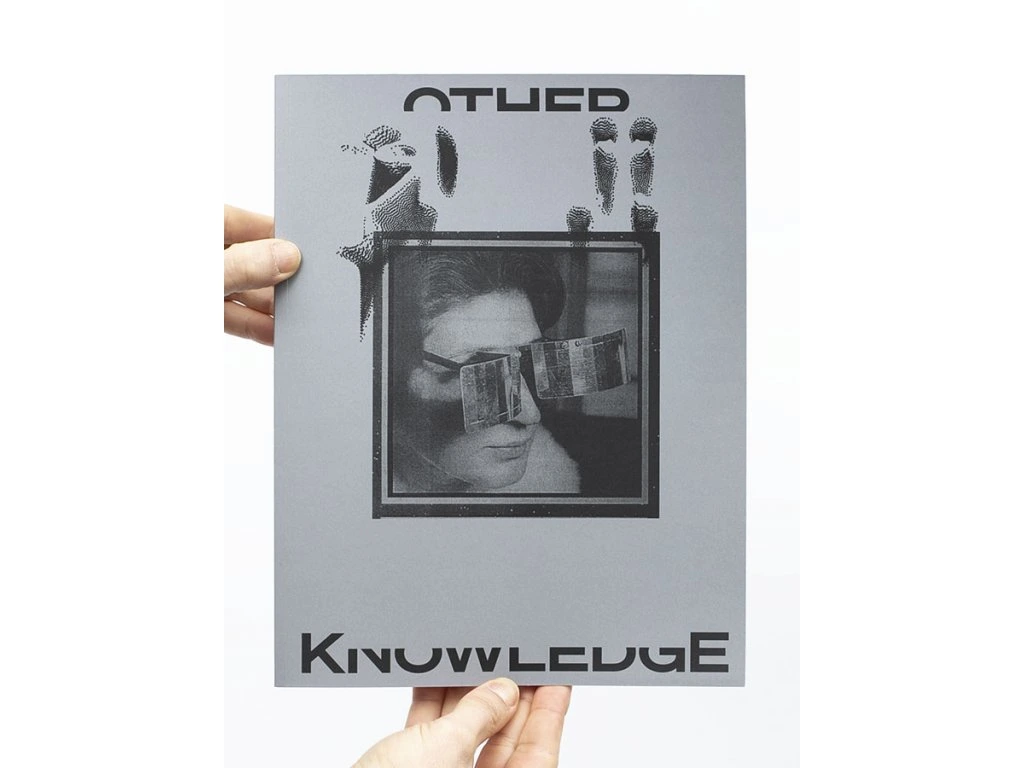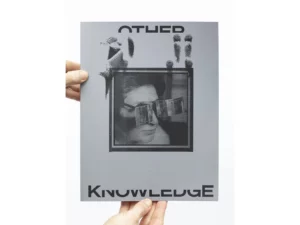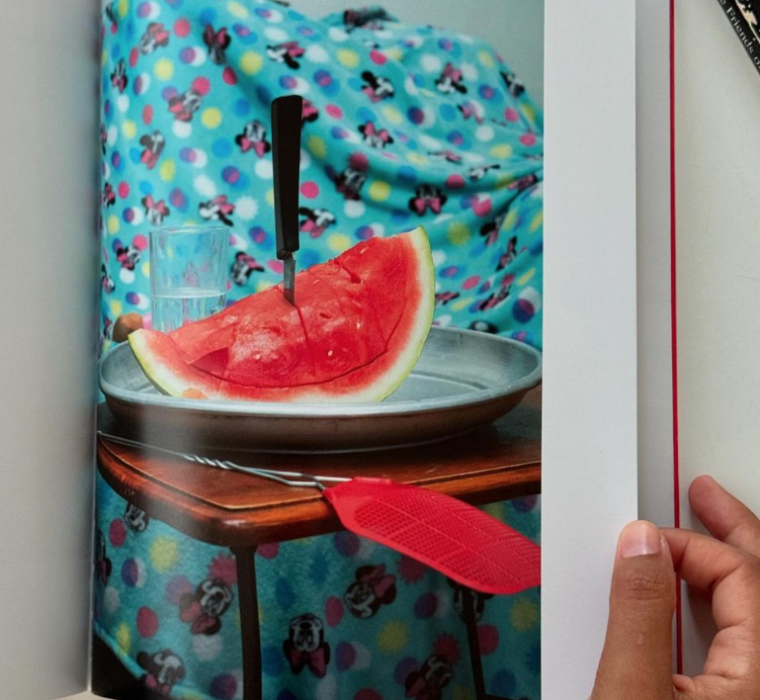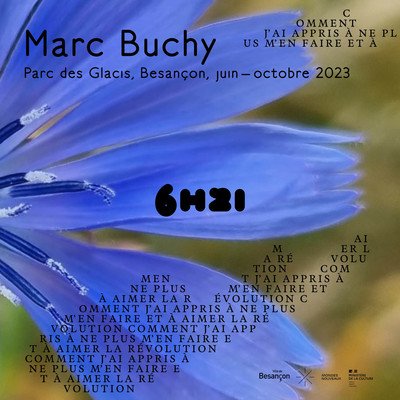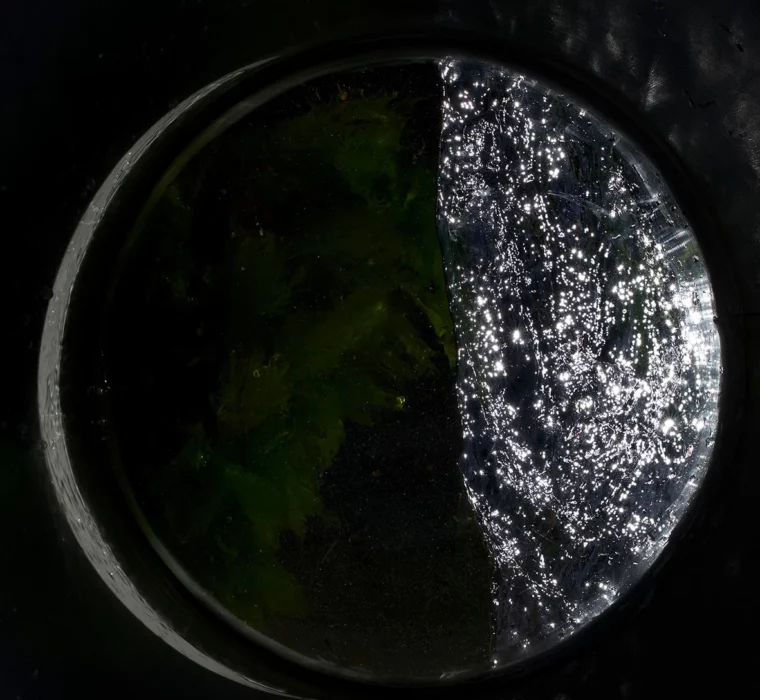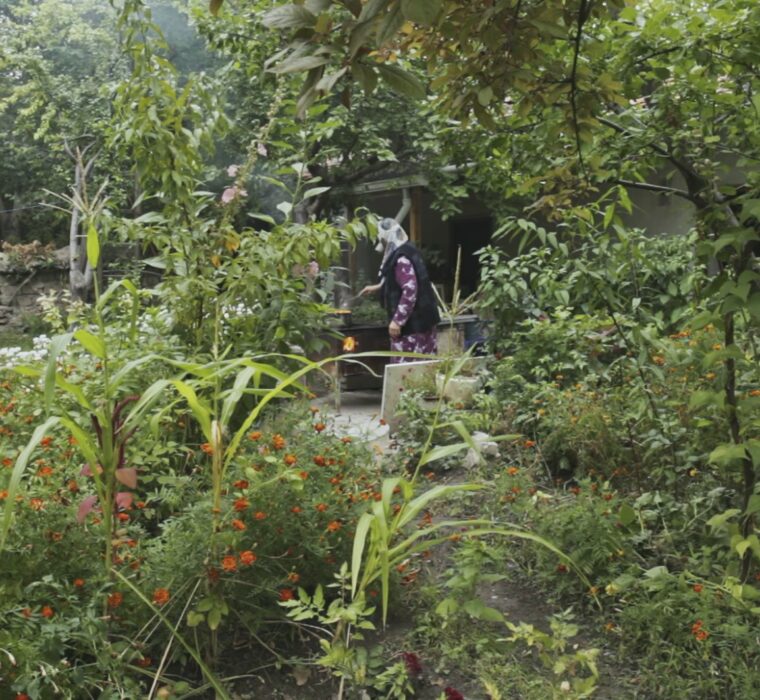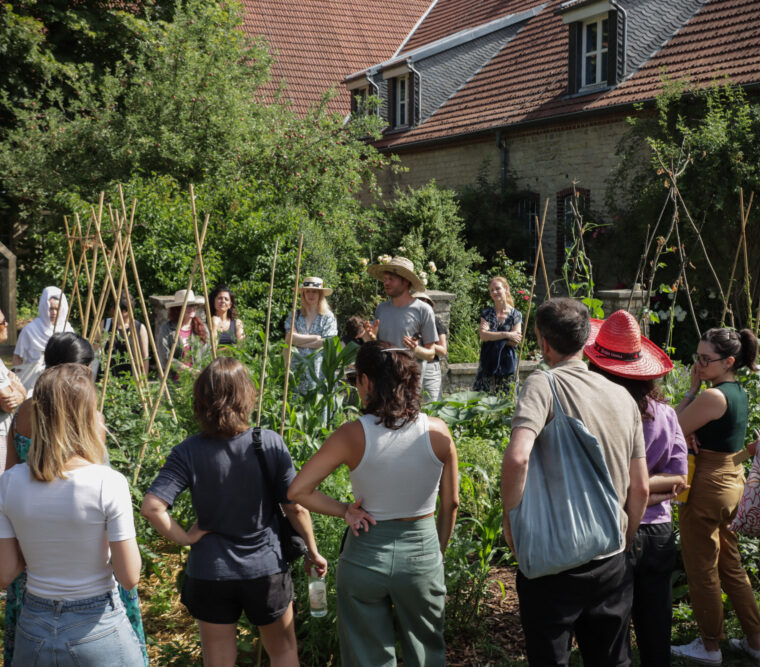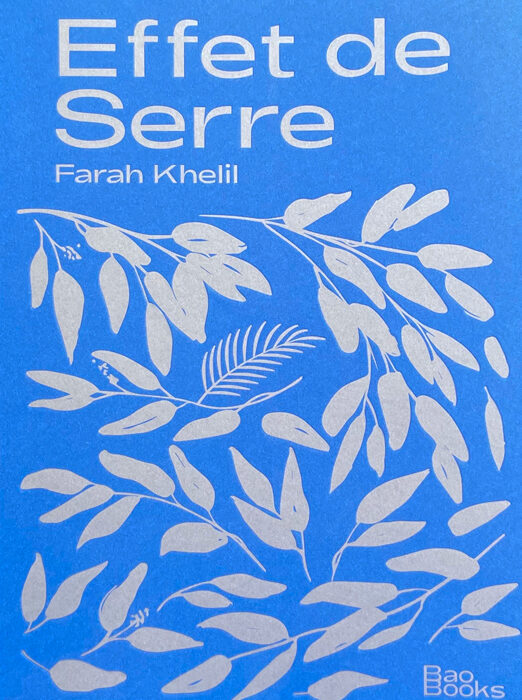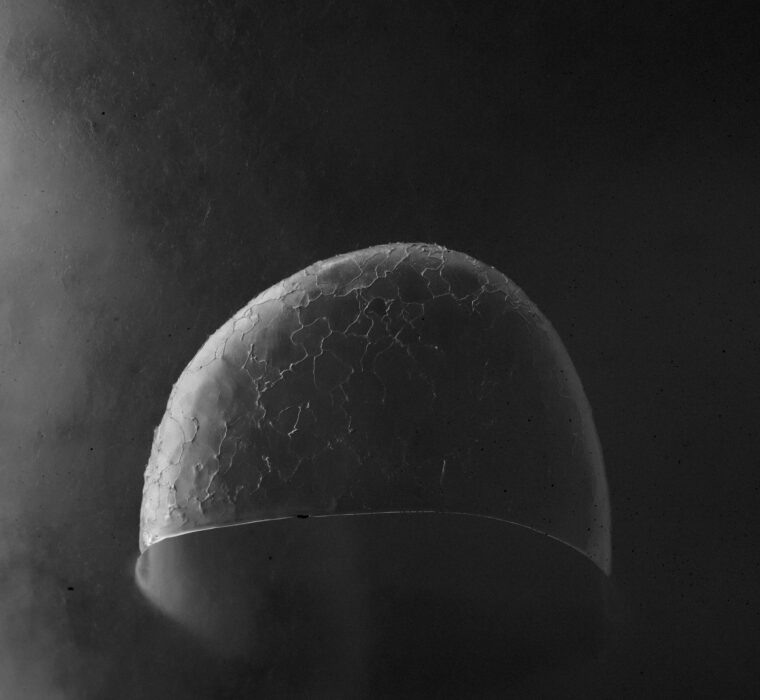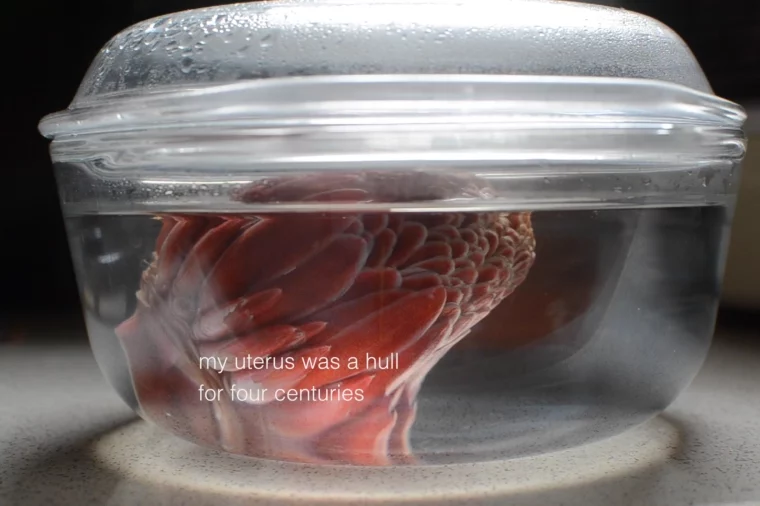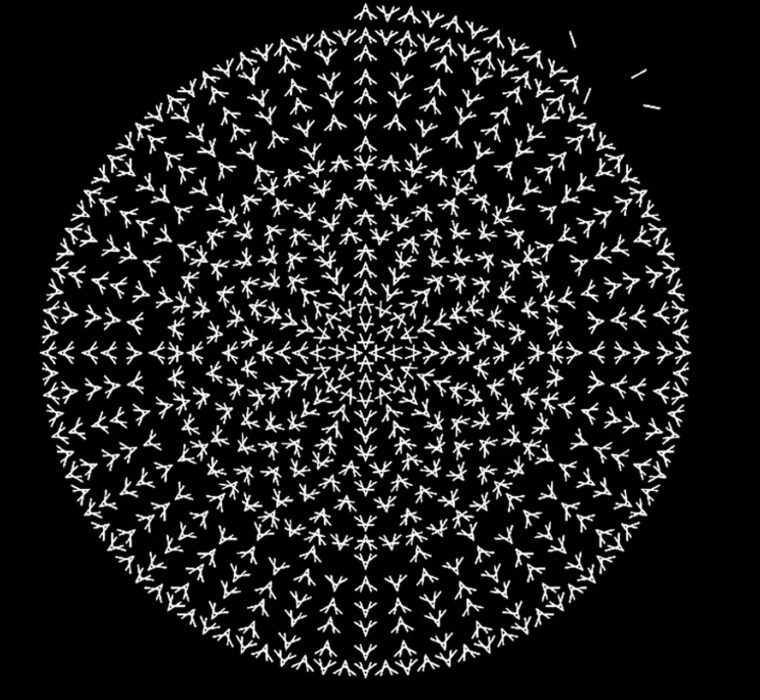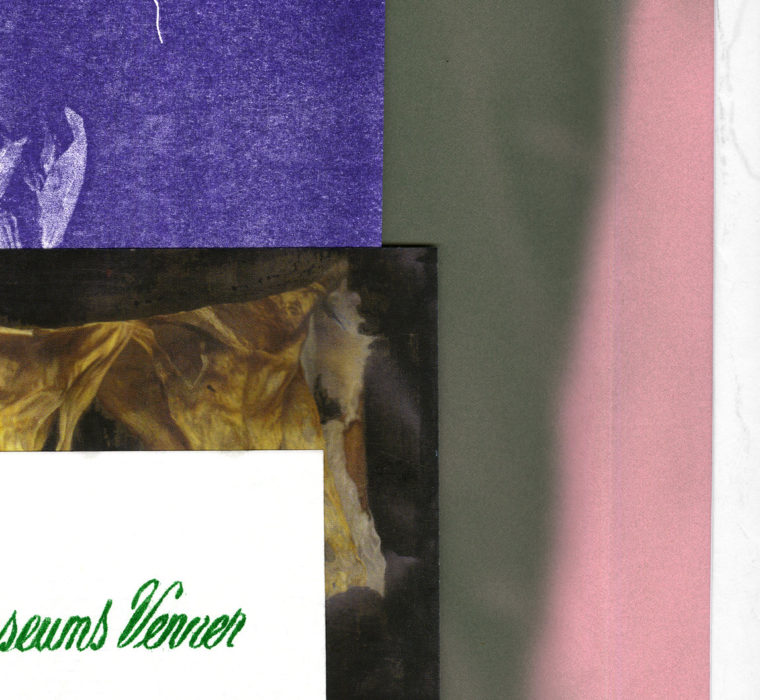Published by MeetFactory, Prague
Editors Tereza Jindrová, Eva B. Riebová
In summer 2021 I was so proud to open, at MeetFactory, the group exhibition Planted in the Body which gathered wonderful artists looking at soil, plants and their products – such as oils and pigments – as sources and carriers of knowledge and exploring how their unique heritage has been transmitted through the centuries.
The show was part of a cycle called Other Knowledge conceived by my co-curator Tereza Jindrová and by her collaborator Eva B. Riebová. After presenting 9 shows and a symposium, the cycle ended with the publication of a comprehensive book, featuring essays and documentations of these exhibitions.
In the compendium, Luiza Prado de O. Martins shared her essay Julie and Julieta, a fiction around two women and their secret garden, natural remedies and the “sacred right of abortion”.
‘And yet, Julia and Julieta both knew that what they were doing was no less important than what happened within the walls of the museum. In their little spare time, they would tend to that little corner, four hands working in unison soaking seeds, preparing the soil, planting seedlings. Julia would collect the herbs and plants for the remedies she was known to make for all kinds of ailments. Guaco and honey for cough, boldo for upset stomachs, cana-de- macaco for kidneys — and so many more for needs that could not be discussed with anyone but those who asked in whispers: ayoowiri, pennyroyal, rue, papaya, angelica, pomegranate, espinheira santa, mugwort, parsley.’
Info
Design by Jan Matoušek
2023, English
23 x 30 cm, 258 pages, softcover
ISBN 978-80-906994-8-9
About ‘Other knowledge is the long-term theme of the dramaturgy of the MeetFactory Gallery, which since 2020 has thematically covered exhibition projects and related events and research activities. The term “Other knowledge” refers to those areas and ways of knowing, knowing and creating a worldview that go beyond or exceed the Enlightenment / rationalist conception of epistemology, which in our (European / modern) times and culture we usually side or which the prevailing social systems and hierarchies do. (eg capitalism or patriarchy) The main servant of this dominantly recognized epistemological model based on rationality is science. But in life we observe many other ways of knowing or creating a worldview. “Non-rational” knowledge can be based on emotions, immediate experience, faith, speculation, imagination, etc., and usually deviates from generally accepted norms or naming, classification or evidence.
Specific topics that our exhibition activities focus on include spirituality, magic, mythology, empathy and intuition, para-science, conspiracy and post-truth, healing, altered states of consciousness and drugs, “madness” vs. “Normality”, childhood vs. education, learning about the world by people with sensory disabilities, discovery and adventure, artificial intelligence, oral traditions and knowledge of “natural nations”, and last but not least, artistic research as a specific category of cognition. All these thematic areas try to look for alternatives to the dominant rationalist model of knowledge. The point is not to disqualify reason and science, but rather to point out the broader framework of our existence in the world. The tradition of Western thought is associated, among other things, with power structures based on oppression (colonialism, patriarchy) or extractivism, which contributes to the social, economic and environmental problems of today. We consider dealing with alternatives to these systems to be one of the responsibilities of art and culture, which should stimulate and co-create (self) consciousness in society.’
– Tereza Jindrová & Eva B. Riebová
‘Like the goddess she is named after, artemisia holds the secrets of the night, under the low light of the moon. Tujone, a chemical compound known to stimulate lucid dreaming and psychedelic experiences, is found in it in low amounts. I think of her as a guide to the novel paths offered by mystery; a way to a wilderness that smells like the wind caressing fields of hay.’
— Quotes by Luiza Prado de O. Martins, Julie and Julieta, 2022

